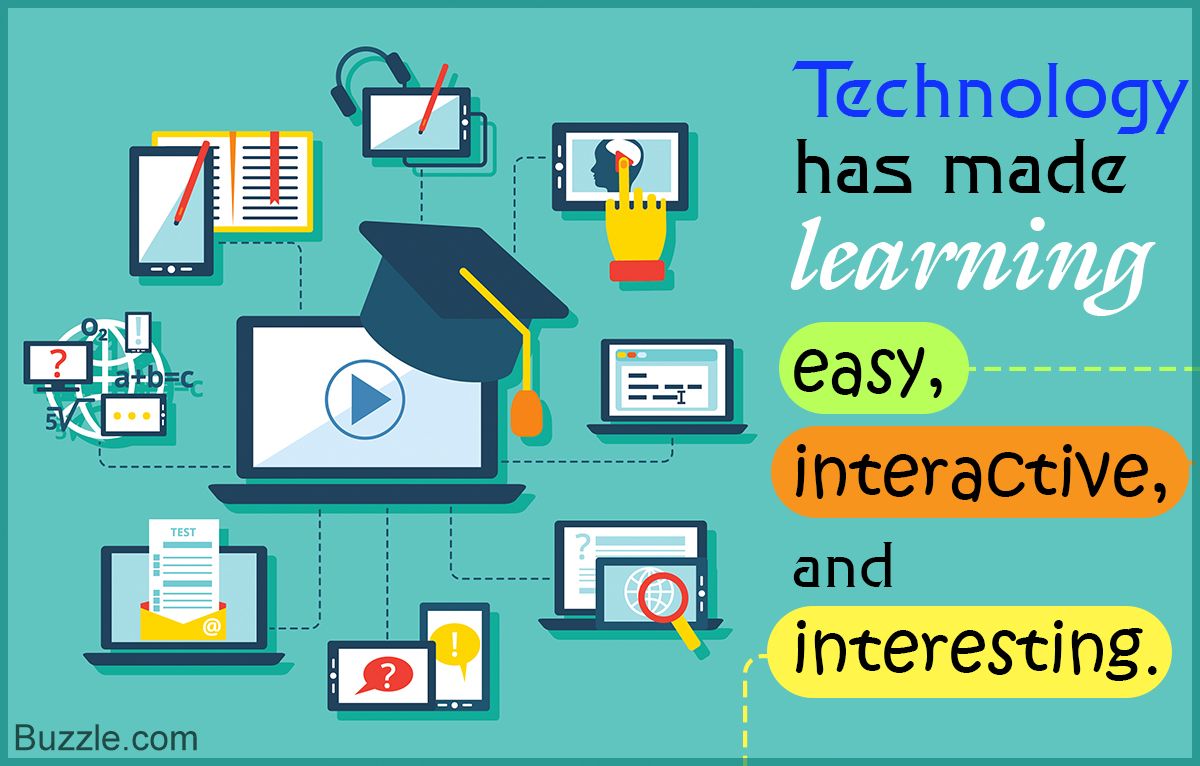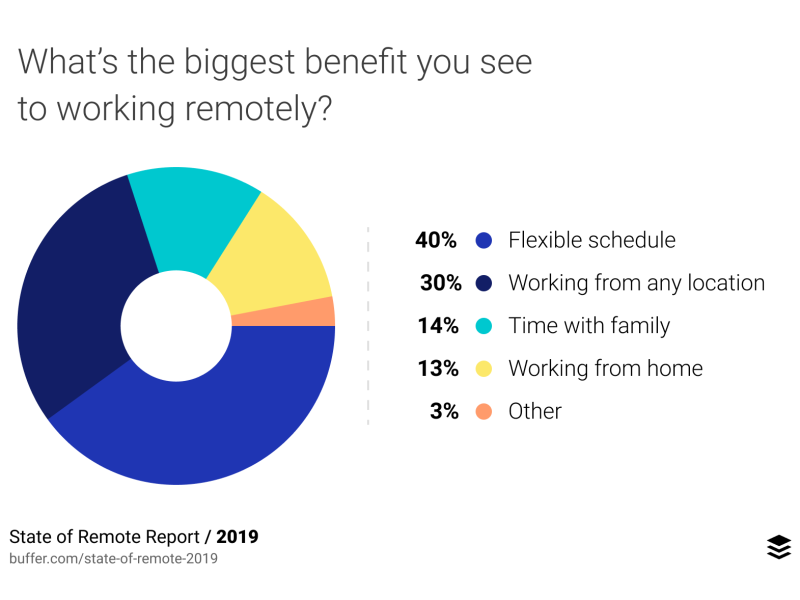Education is evolving at a rapid pace, thanks to the advancements in technology. Gone are the days of traditional classroom settings and one-size-fits-all teaching methods. With the rise of digital tools and online platforms, students now have access to a more personalized and interactive learning experience.
Personalized Learning
Technology has made it possible for educators to tailor their teaching methods to meet the individual needs of each student. With the help of AI-driven algorithms and data analytics, teachers can track student progress in real-time and provide personalized feedback and support. This allows students to learn at their own pace and in a way that best suits their learning style.
Interactive Learning
Gone are the days of passive learning through textbooks and lectures. Technology has brought interactive learning experiences to the forefront, with the use of virtual reality, gamification, and simulations. These tools allow students to engage with the material in a more hands-on and immersive way, making learning more enjoyable and effective.
Remote Learning
The COVID-19 pandemic has accelerated the shift towards remote learning, with schools and universities around the world adapting to online platforms to continue education. While this transition has come with its challenges, it has also opened up new possibilities for how we approach learning. Remote learning allows for greater flexibility and accessibility, enabling students to learn from anywhere in the world.
Collaborative Learning
Technology has also made it easier for students to collaborate with their peers, regardless of their physical location. Online platforms and communication tools enable students to work together on projects, share ideas, and engage in discussions in real-time. This not only promotes collaboration but also helps students develop important communication and teamwork skills.
Adaptive Learning
One of the most exciting developments in educational technology is adaptive learning. This approach uses AI to personalize the learning experience for each student, based on their strengths, weaknesses, and learning pace. By adapting the content and difficulty level of the material in real-time, adaptive learning ensures that students stay engaged and progress at a pace that is challenging yet achievable.
Conclusion
Technology is revolutionizing the way we approach education, making it more personalized, interactive, and accessible than ever before. As we continue to embrace new technologies and tools, the future of education looks brighter than ever. By harnessing the power of technology, we can create a more engaging and effective learning experience for students of all ages.
Are you excited about the future of education? Share your thoughts in the comments below!


